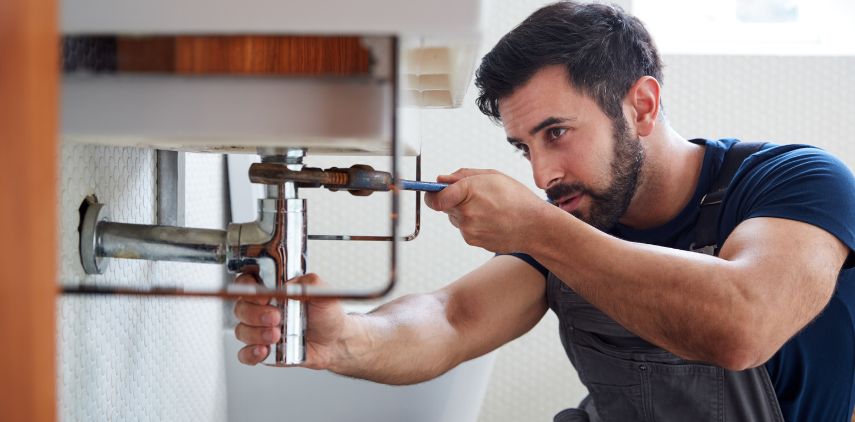Your home plumbing system is a vital home system that provides access to all the water you need. However, it is often ignored until it develops issues, such as leaks, clogs, and broken and rusted pipes.
Fortunately, you can prevent these commonplace issues by paying attention to and properly maintaining your plumbing frequently.
Here are seven plumbing maintenance tips to take care of your plumbing.
Create a scheduled plumbing maintenance plan
Creating a routine maintenance plan can help you to be intentional with caring for your plumbing system.
Adhering to this plan will enable you to identify your plumbing issues quickly. Thus, it will help you save money and prevent waste.
Check for blockages
Blockages are the most common indicators that your plumbing system is faulty. They are caused by clogs that form over a long period due to your drainage habits.
Prevent blockages by regularly checking for leaks in your plumbing system. Also, loosen up clogs with a plunger or drain snake.
Check for leaks
Leaks are tiny water drops from your pipes or sinks that are often difficult to detect.
If undetected for a long time, leaks can cause water wastage. They can also cause pipe erosion, mold growth, and wood rot. For this reason, we advise that you regularly check your plumbing for any signs of leaks or breakages. These include your pipe valves, faucets, pipe fittings, and showerheads.
Watch what you put in your sink
Most of the items you put in your sinks can congeal in your pipes and form clogs. This makes it vital that you develop some kitchen habits that will prevent these items from collecting in your pipes.
Prevent sink blockages by doing the following:
- Don’t pour solid wastes, like cereal, potato peels, and cooked grains, into your sink
- Dump your kitchen waste in a separate bin
- Always use a mesh drain cover in your sinks to prevent clogs.
- Properly flush your food wastes by leaving your cold water tap to run for an average of 15 minutes.
Dump only tissues and human waste in your toilet
The toilet bowl is designed for tissues and human wastes only. As such, you need to avoid dumping other items into it. For example, sanitary pads, cotton swabs, plastics, and hair fibers, among others.
Clean your showerheads
Showerheads often get clogged with mineral deposits over time. This makes them less effective or completely stops them from working.
Clear these deposits by unscrewing your showerheads and soaking them in vinegar for about 24 hours. If this doesn’t work, however, replace the showerhead.
Check the water pressure
Water pressure is the amount of force coming out of your showerheads and faucets. You can measure this force using a pressure gauge to ensure that it is at a safe level. You can also install a pressure regulator to assess your water pressure.
Perhaps the most effective method of maintaining your plumbing is to hire a plumber with whom you will conduct a routine check of your plumbing system. This will help you to conduct the right maintenance activities as often as possible to ensure that your plumbing system is in top shape.

